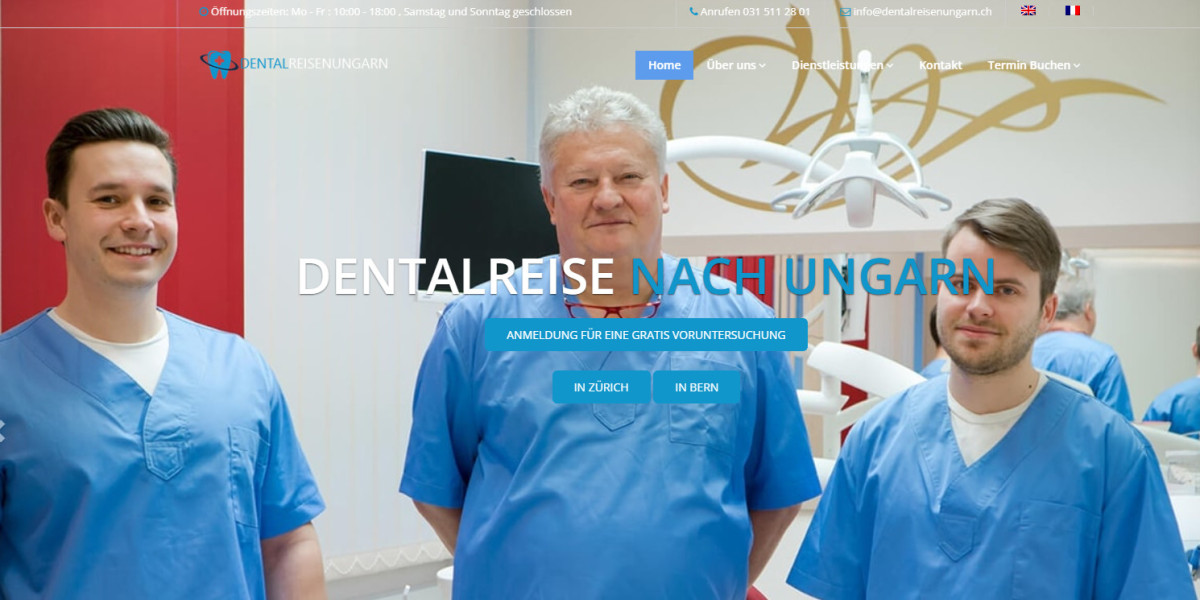1. Predictive Analytics for Supply Chain Optimization
AI-driven predictive analytics is reshaping supply chain management in the food industry. By analyzing historical data, weather patterns, and market trends, AI models can forecast demand with high accuracy. This helps food manufacturers and distributors optimize inventory levels, reduce waste, and ensure that products are available where and when they are needed.
Key Benefits:
- Reduced Waste: Accurate demand forecasting helps in minimizing overproduction and spoilage.
- Cost Savings: Efficient inventory management leads to lower storage and transportation costs.
2. Food Quality and Safety Monitoring
Ensuring food safety and quality is crucial for both manufacturers and consumers. AI technologies, including computer vision and machine learning, are being employed to monitor and analyze food products during production and packaging. These technologies can detect anomalies, such as contamination or defects, more quickly and accurately than traditional methods.
Key Benefits:
- Enhanced Accuracy: AI systems can identify contaminants or defects that may go unnoticed by the human eye.
- Faster Detection: Real-time monitoring allows for quicker responses to potential issues, ensuring higher safety standards.
3. Personalized Nutrition and Dietary Recommendations
AI is making personalized nutrition a reality. By analyzing individual health data, lifestyle choices, and dietary preferences, AI algorithms can recommend customized meal plans and nutritional advice. This technology is particularly beneficial for individuals with specific dietary needs or health conditions.
Key Benefits:
- Customized Plans: Tailored dietary recommendations enhance individual health and wellness.
- Informed Choices: Consumers can make better food choices based on their personal health data.
4. Automated Food Preparation and Cooking
Robotic systems and AI-powered kitchen appliances are revolutionizing food preparation and cooking. Automated cooking machines and robots can perform repetitive tasks such as chopping, stirring, and cooking with precision. AI algorithms also enable these systems to learn and adapt recipes based on user preferences and feedback.
Key Benefits:
- Consistency: Automated systems ensure uniform quality and taste in every dish.
- Efficiency: Reduces preparation time and labor costs.
5. AI-Driven Food Product Development
Developing new food products can be a complex and time-consuming process. AI technologies streamline this process by analyzing consumer preferences, market trends, and ingredient combinations to generate innovative product ideas. AI can also simulate how different ingredients interact, helping developers create new flavors and textures.
Key Benefits:
- Faster Innovation: Accelerates the development of new food products.
- Consumer Insights: Helps in designing products that better meet market demands.
6. Smart Farming and Agriculture
AI is transforming agriculture with smart farming technologies that optimize crop yields and resource usage. AI-driven systems use sensors, drones, and satellite imagery to monitor soil conditions, weather patterns, and crop health. This data helps farmers make informed decisions about irrigation, fertilization, and pest control.
Key Benefits:
- Increased Yields: Optimizes crop management practices for better productivity.
- Sustainable Practices: Reduces resource usage and minimizes environmental impact.
7. Enhanced Customer Experience through AI
AI is also enhancing customer experiences in the food industry. Chatbots and virtual assistants provide instant support and recommendations to customers, while AI-driven analytics offer insights into consumer behavior and preferences. This helps food service providers and restaurants tailor their offerings and improve customer satisfaction.
Key Benefits:
- Improved Service: AI-powered tools provide timely and accurate assistance to customers.
- Personalization: Enhances the dining experience by catering to individual preferences.
Conclusion
The integration of AI in food industry is driving significant advancements in efficiency, safety, and personalization. From supply chain optimization and quality monitoring to personalized nutrition and smart farming, AI technologies are reshaping the way we produce, process, and consume food. As these technologies continue to evolve, the potential for further innovations in the food industry is immense, promising a future of smarter, safer, and more personalized food experiences.
By leveraging the power of AI, the food industry can not only meet the growing demands of consumers but also tackle some of its most pressing challenges, paving the way for a more sustainable and efficient future.



